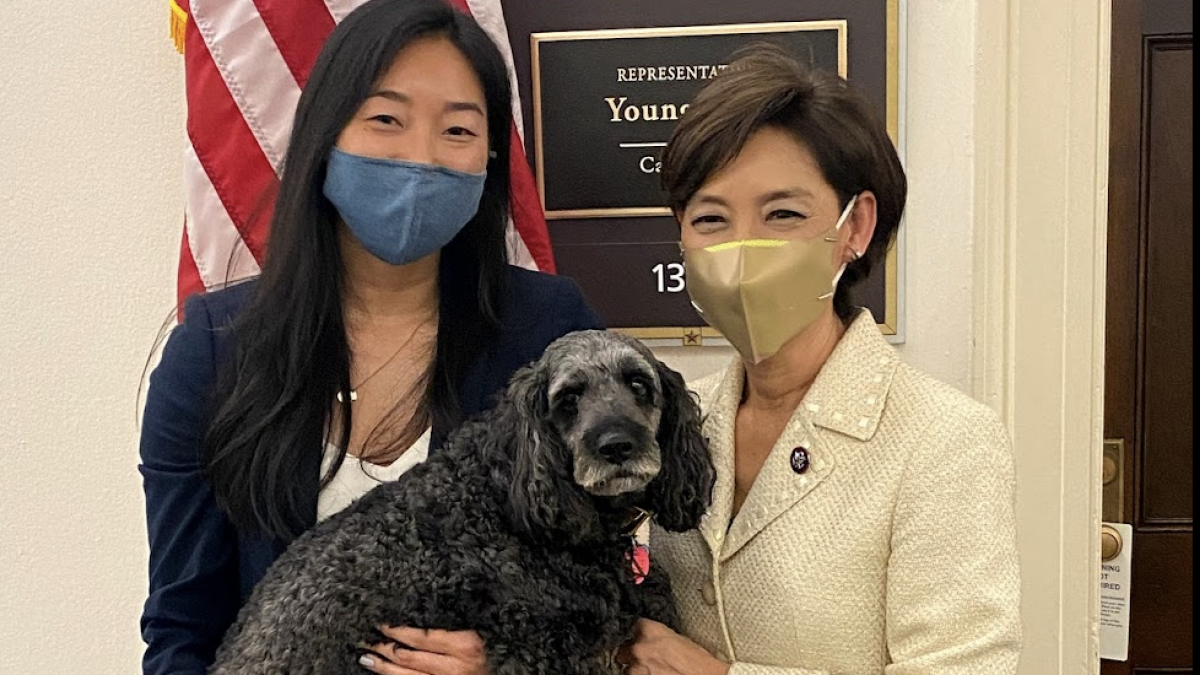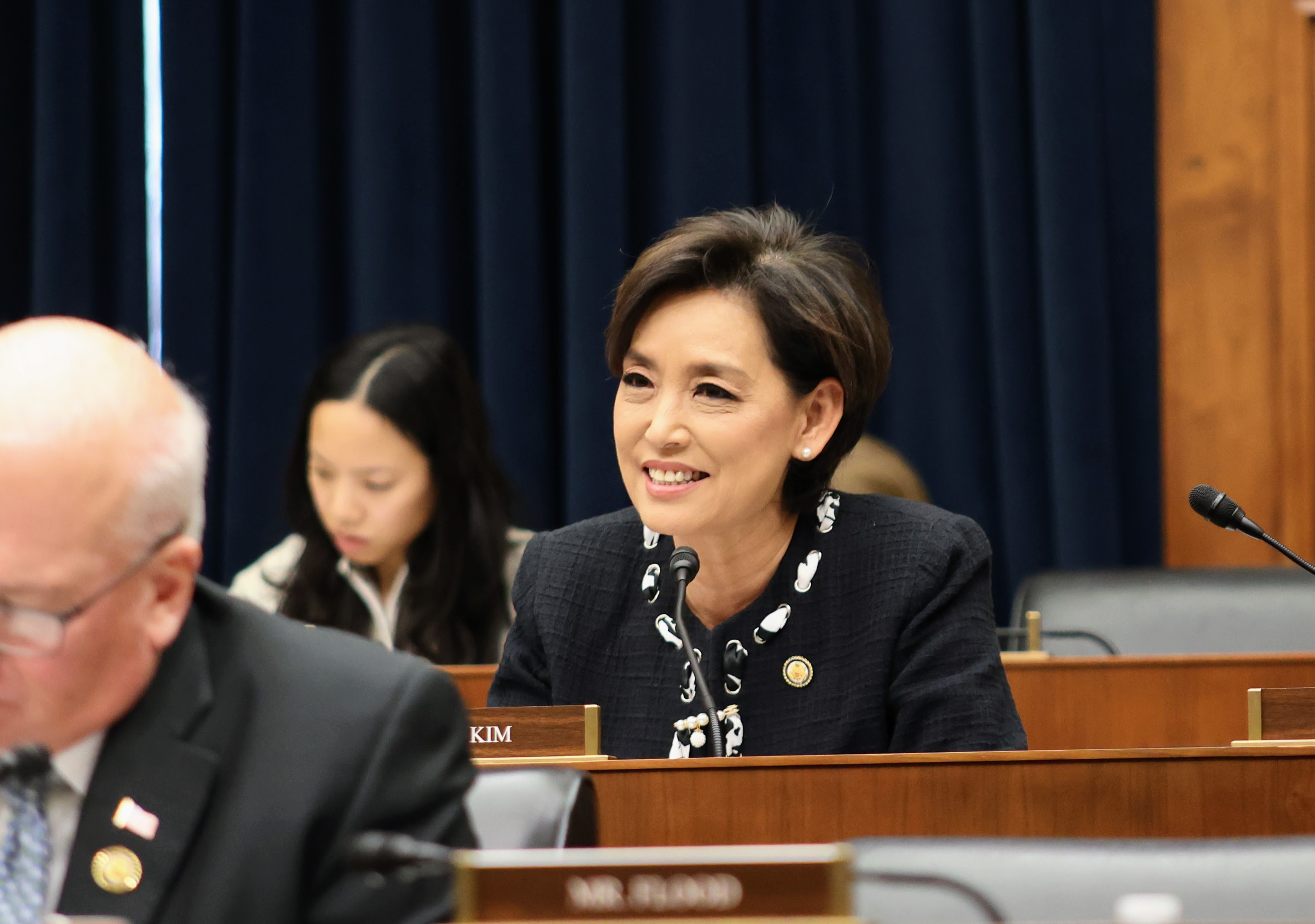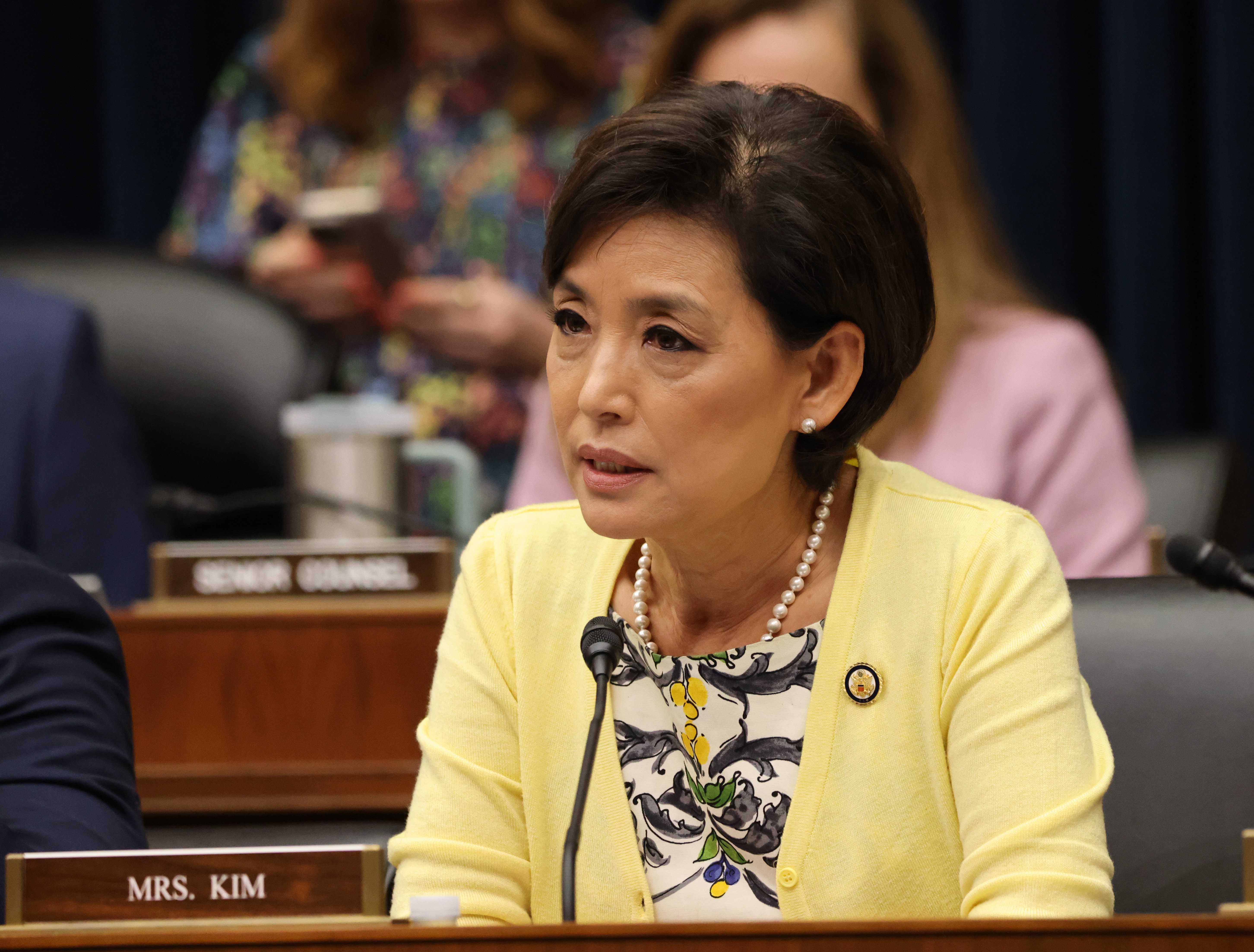Washington, DC – Today, U.S. Representative Young Kim (CA-39) joined Rep. Jamie Raskin (MD-08), Fred Upton (MI-06) and Lucy McBath (GA-06) to boost food supplies at animal shelters amid growing shortages by introducing the Bring Animals Relief and Kibble (BARK) Act.
The bipartisan BARK Act aims to end food shortages facing animal shelters and reduce the millions of pounds of pet food wasted in landfills each year by providing liability protections to people and businesses that make good faith donations of food and pet supplies to nonprofits and shelters.
“Nearly 8 million animals currently in shelters are struggling due to increased food shortages during the COVID-19 pandemic. At the same time, millions of pounds of useable pet supplies are wasted each year that could be going to animals in need,” said Congresswoman Kim. “I’m glad to help lead this commonsense, bipartisan effort to reduce waste in landfills and support animal shelters in need.”
“No shelter pet should go hungry, especially not when pet stores nationwide are throwing away surplus food,” said Congressman Raskin. “We can empower pet stores to instead donate to animal shelters by removing bureaucratic disincentives. The BARK Act will give pet stores the same protections that grocery stores and markets already have when donating to food banks. This is a commonsense, bipartisan way to increase efficiency, reduce waste and promote charity for animals. I’m thankful to Reps. Upton, McBath and Kim for joining me in this effort.”
This bill is supported by 20 cosponsors in the House and has been endorsed by the Animal Welfare Institute, the American Society for the Prevention of Cruelty to Animals, Best Friends and the Humane Society. Read the bill here.
Congresswoman Kim’s has cosponsored several other bipartisan efforts to help pets and support animal rights, including:
-
The Greyhound Protection Act of 2021 (H.R. 3335) which protects greyhounds from abusive racing practices
-
The Save America’s Forgotten Equines Act of 2021 (H.R. 3355), which prohibits the transporting, receiving, possessing, purchasing, selling, or donation by a person of an equine (e.g., horse) that the person has reason to believe will be slaughtered for human consumption;
-
The Providing Responsible Emergency Plans for Animals at Risk of Emerging Disasters Act (H.R. 1442) which establishes requirements governing the care of animals by entities, such as zoos, in emergencies or disasters; and,
-
The Big Cat Public Safety Act (H.R. 211) which revises and streamlines restrictions on the possession, exhibition or breeding of big cats.




